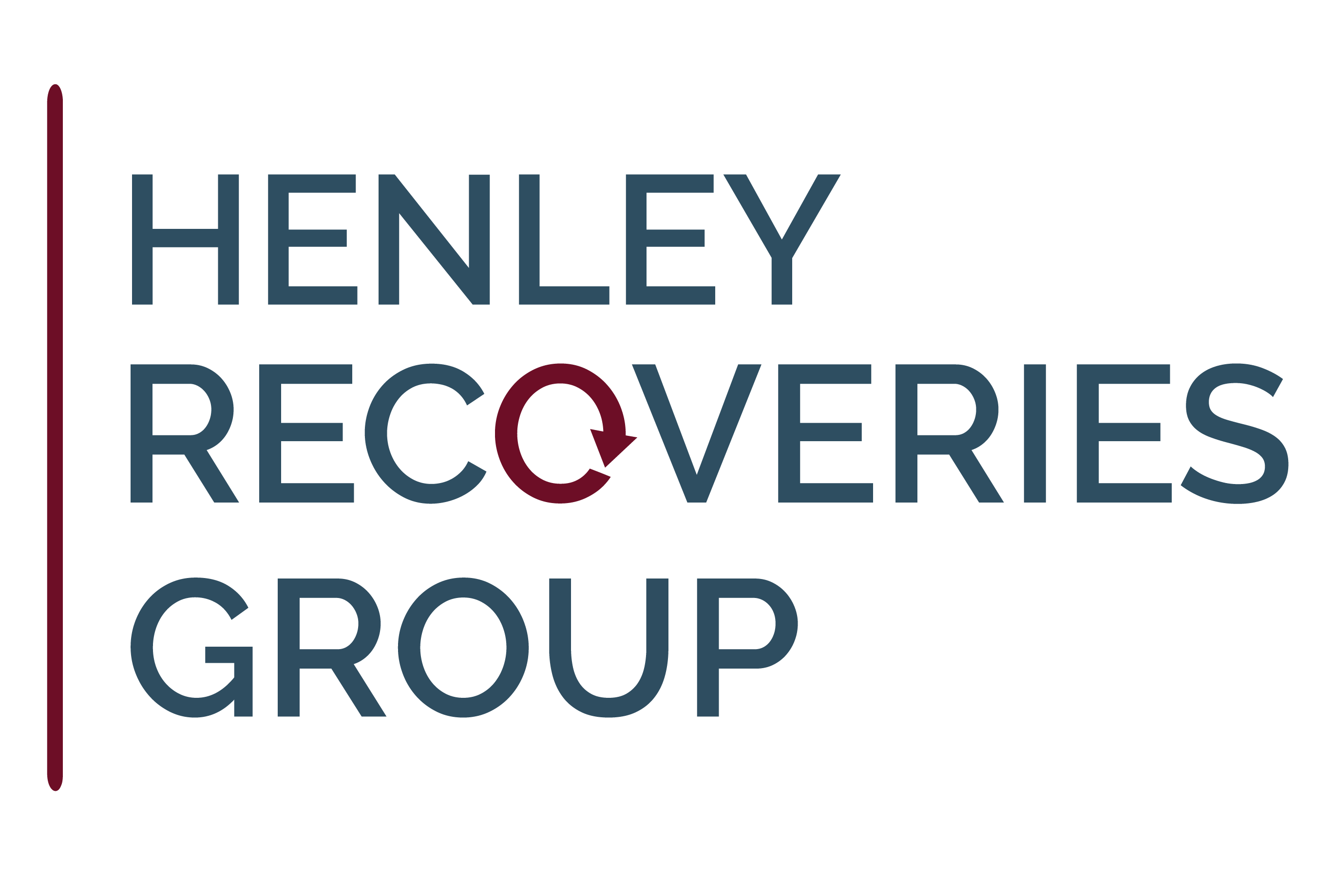
Financial hardship, bankruptcy and insolvency
Overdue invoices which involve financial hardship, bankruptcy and insolvency are some of the hardest cases to collect. Whether it is with an individual or a company, there are still ways that you can avoid or collect your invoices.
For clarification, we are dealing with an owing party who has not declared bankruptcy, external administration or liquidation. There is some great info HERE from ARITA regarding definitions of these processes. Another link HERE for more info on voluntary administration and liquidation from the Bankruptcy Advisory Centre.
Mitigation / Protection
Debtor Companies: If you have signed agreements for your services, a director’s guarantee can go a long way in collections. This makes the director personally liable to pay off the debt, even if the company does liquidate in the end. Usually it includes terms such as debt recovery and legal costs to be on charged to the debtor/director.
Unfortunately, many debts come our way where the debtor is liquidating with no director’s guarantee. Our clients are required to wait in line for funds to be distributed to the creditors, providing there are any funds at all.
Having protection such as this is one of the best tactics in coaxing payment from your debtors but can add extra time and paperwork to the whole process. If this is you, then there are a lots of complex processes to get your head around to move forward with recovering your money.
Debtor Individuals: These cases seem to have more wiggle room with where they can go. The more info you have, the better. Signed agreements are always best, but any written confirmation of the debt itself can help with future collection. The original signed terms always come in handy whether the matter ends up being taken to court or further negotiation.
Patience
Sometimes the answer for collection is to wait for the opportune moment. If we can see the intent of a debtor is to pay, an option is to set up a payment agreement to achieve the following:
- Reset the statute of limitations – This is basically the life of the debt. Most states in Australia mark a debt age to be 6 years from last payment or written admission of the debt or 12 years from last legal judgement of the debt. For a debtor who cannot pay off the debt in full, we want to make sure they do not “outlive” the debt.
- Proof of intent – Although we can argue that this is for further proof if legal action is necessary, this is actually more for the debtor themselves. Generally, debtors feel that they are taking responsibility for a debt when beginning payments. The debt begins to become less of a scary problem and more of a fixable situation. A willing payer is the best situation you can have as every cent available will be paid to you.
- Chip away at the debt – As well as the debtor feeling responsible, if action is needed down the track, legal costs potentially are lessened if the debt is smaller.
- Potential change of situation – All these things combined lead to the moment we are waiting for, full payment of the overdue amount. Your patience can be rewarded with the company or individual’s life making a turn to a brighter future. The result is a debt still chaseable in the statute of limitations, a debtor who feels responsible and they have already contributed to the debt who now wants to resolve the matter.
Money
The other way to do things is to push for legal action. Some debtors need a nudge to get resolution and this situation is no exception. There are costs to go down this path. Thankfully, proper protection potentially pushes those fees to your debtor. I will clarify that we generally advise further action when no meaningful agreement can be found.
As there are many different scenarios, it is tricky to define a solid process to resolve these cases without information but our goal is always the same.
Coax payment with the least amount of action possible.
We hope to do this as to:
- Save on further costs
- Save time on potential lengthy wait periods with the court system
- Keep the situation open for meaningful agreements with the debtor
How do we help?
The majority of best results come from speaking with your debtor openly about the situation. This includes talks about the future actions we will need to take if we cannot resolve the situation. We have the tools and experience to find what method or future procedure will give the best chance of recovery.
For example, your debtor may receive serious fines and criminal charges if their company is found trading insolvent. They may have been resilient to a point, but further discussion may lead to a meaningful agreement to benefit the parties involved.
Whatever the situation, we will advise so you may make the right choice for the situation. We hope that if you submit a debt with us, we can help you find the best resolution to your situation.
We have more blogs for our services and notes from experience in this industry. I hope you can profit from these notes written.
Henley Recoveries Group are a no-win, no-fee debt collection agency. Recover your unpaid invoices by submitting a debt with us.
Contact us on our main phone, 0466 243 114 or email info@henleyrecoveriesgroup.com.au to discuss how we can help.
Latest Posts
Payment Agreements
Establishing effective payment agreements lies at the heart of the debt collection process. Whether it's arranging a swift $100 payment within a week or...
Avoid Using Debt Collection
Many businesses avoid using debt collection as they have no use for it. By our existence as a company, you can tell many others cannot avoid needing...
Better Accounts Equals Better Profit
A good business owner is always counting the cost of the work they do. For a builder, this is moving their margin when material costs rise (thanks COVID),...

